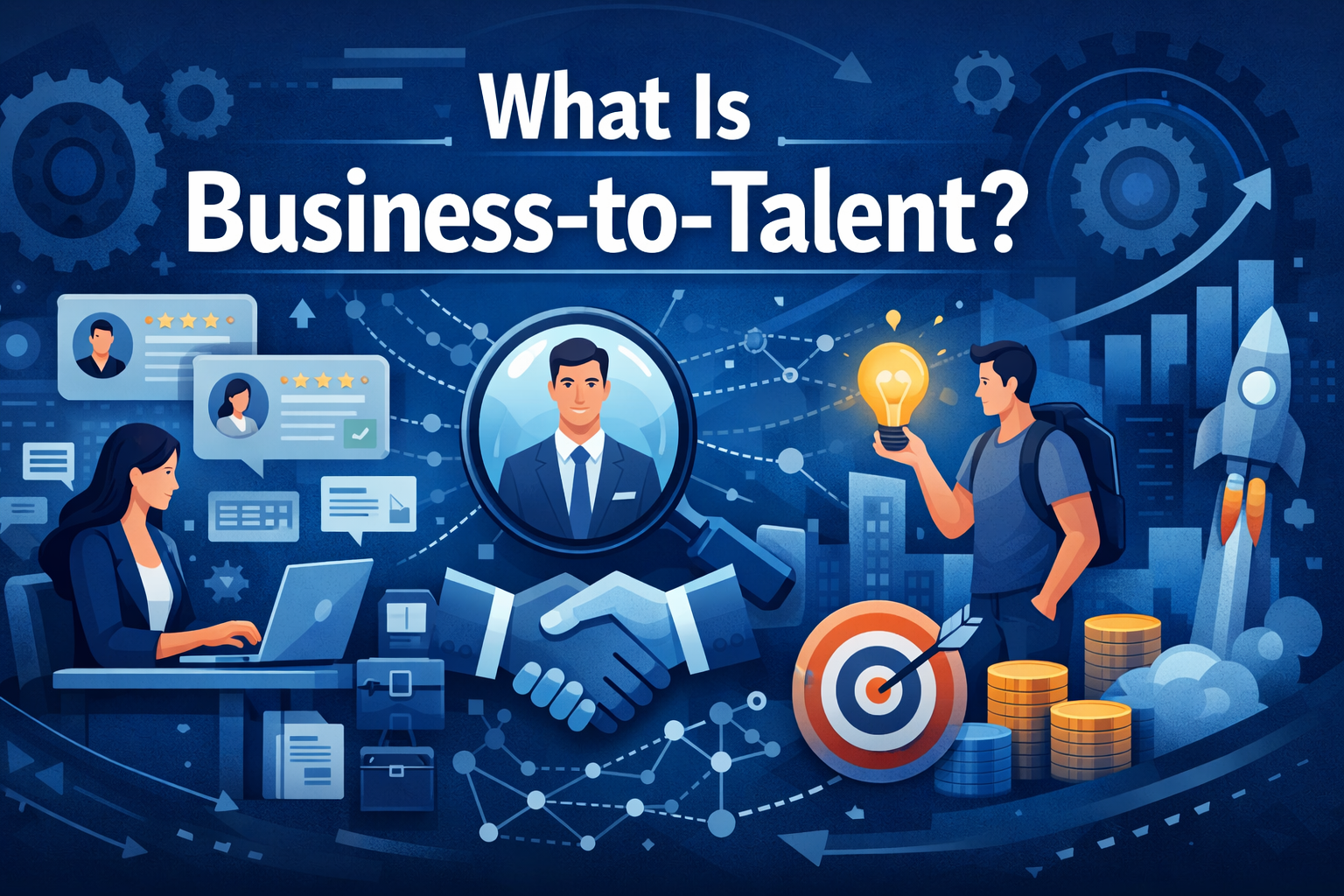Many hidden skills students need to succeed aren’t taught in college. These include communication, problem-solving, and adaptability. Mastering them can set you apart in t

Welcome to the real world, where hidden skills need students – for GPA and group projects – you handle office politics, patience and management.
Let’s be real, India and the world focus on college principles and academics, but hidden skills miss students from teaching. These are soft skills and real -world abilities that actually determine success in work and life.
In this blog, we’ll uncover the hidden skills no curriculum teaches but every student must develop to truly thrive. Not just for their careers but for their sanity.
And if you’re wondering, “How do I know where I stand with these skills?” we’ve got you.
👉 Take the Impacteers Skill Assessment today It’s a simple, powerful test that helps you discover your strengths, uncover blind spots, and kickstart your real development journey.
1. Communication: More Than Just English Fluency
Let’s kill the biggest myth: Good in communication is one of the hidden skills for students. It is not about fancy words or accents, but clarity, connection and confidence – some colleges rarely teach.
Why it matters:
- You can’t manage a team if you can’t convey your thoughts.
- You can’t ace an interview if you can’t narrate your story.
- You can’t resolve conflict if you’re always defensive.
Whether it’s writing a crisp email, negotiating a salary, or giving feedback without triggering WW3—communication is your make-or-break skill.
How to improve:
- Join public speaking clubs or participate in debates.
- Watch TED Talks, but more importantly, practice explaining complex ideas in simple terms.
- Read. Write. Speak. Repeat.
2. Emotional Intelligence: The Invisible IQ
You top your class but can’t handle feedback. You score 95% in exams but meltdown when someone disagrees. Sound familiar?
Colleges don’t teach emotional intelligence (EQ) the ability to understand, manage, and express your emotions in a healthy way, and to empathize with others.
Why it matters:
- You’ll work with humans, not machines.
- You’ll face rejection, pressure, politics, and failure more often than you think.
- High EQ directly influences your performance and mental well-being.
How to improve:
- Start by self-reflecting: journal your thoughts, moods, reactions.
- Practice active listening listen to understand, not just to reply.
- Learn how to stay calm when triggered. (Spoiler: It takes work. And patience.)
3. Time Management: You Don’t Have as Much as You Think
Colleges have a way of creating an illusion: that deadlines are suggestions and cramming works. But when you’re juggling work, family, friends, health, and rent time becomes your most expensive currency.
Why it matters:
- Missed deadlines = lost trust.
- Poor prioritization = burnout.
- Constant multitasking = shallow results.
How to improve:
- Use tools like Notion, Google Calendar, or even a pen and diary.
- Apply the Eisenhower Matrix what’s urgent vs what’s important.
- Break down goals into daily actions. Because big dreams need micro steps.
4. Critical Thinking: Not Everything Has One Right Answer
In college, you’re taught to study for tests. But life rarely gives you a question paper with options A to D. Sometimes, there are no right answers. Only decisions and consequences.
Critical thinking means looking beyond the obvious, challenging assumptions, asking the right questions, and making informed choices. It’s what separates the “robotic doers” from impactful professionals.
Why it matters:
- Jobs are not about repeating instructions. They’re about solving real problems.
- In life, you’ll face dilemmas. Quick logic and deep thinking will save you.
- Employers in India and globally now test this skill more than technical knowledge.
How to improve:
- Ask “why” at least five times before accepting any answer.
- Read opinion pieces. Argue both sides.
- Practice decision-making in small, daily life situations.
5. Conflict Management: Because People Will Get on Your Nerves
Here’s an unpleasant truth: you will deal with difficult people. Classmates, managers, clients, in-laws. The art is not in avoiding conflict but knowing how to manage it without burning bridges.
Why it matters:
- Your job will often involve negotiation and compromise.
- Personal relationships need tact and tolerance.
- Growth involves people and people are messy.
How to improve:
- Learn to separate the person from the problem.
- Stay calm when others don’t. That’s your superpower.
- Take feedback even rude ones and respond with logic, not ego.

6. Financial Literacy: Because ‘Salary’ is Just the Beginning
You finish college. You land a job. And you have no idea what to do with your first salary. Sound familiar?
Because no one taught you about savings, investments, taxes, credit cards, or loans. You were too busy solving calculus while your bank balance kept vanishing.
Why it matters:
- You’ll earn. But how you manage money will define your life.
- Wealth is not what you earn it’s what you keep and grow.
- Without financial skills, you’ll remain stuck in a paycheck-to-paycheck trap.
How to improve:
- Learn basics of budgeting and tracking expenses.
- Understand compound interest, SIPs, and emergency funds.
- Follow Indian finance influencers, read “Rich Dad Poor Dad,” and download investment apps (but don’t go broke buying crypto without knowledge).
7. Self-Learning: College Ends. Learning Never Should
In India, many students are conditioned to wait for a teacher to explain things. But in the real world, no one will spoon-feed you.
Want to switch jobs? Learn a new tool? Start a side hustle? You’ll need to become a self-learner hungry, curious, relentless.
Why it matters:
- The fastest-growing jobs today didn’t exist 5 years ago.
- If you don’t upskill, you’ll be replaced by someone who did.
- In the information age, ignorance is a choice.
How to improve:
- Take online courses (Coursera, Udemy, YouTube).
- Build a learning routine 1 hour/day keeps stagnation away.
- Test, fail, and improve until learning becomes a habit.
8. Networking: Your Net Worth Isn’t Just in Your Resume
We’re told to “work hard in silence,” but truth bomb: connections matter. In a competitive world, who you know often opens more doors than what you know.
But networking isn’t sleazy. It’s about building genuine relationships, helping others, and creating a community of value.
Why it matters:
- Referrals land more jobs than portals.
- Mentors guide you faster than trial-and-error.
- Communities keep you inspired and accountable.
How to improve:
- Start with LinkedIn connect, comment, contribute.
- Attend webinars, events, and meetups. (Yes, even awkward ones.)
- Don’t just ask for help. Offer help. That’s how trust is built.
9. Resilience: Because Life Doesn’t Care About Your Plans
The biggest life skill no college can teach is how to bounce back.
From rejections. From burnout. From failure.
Because success is not about never falling. It’s about how fast you get up.
Why it matters:
- Everyone faces setbacks. Winners don’t stay stuck.
- Jobs will stress you. Relationships will test you. Life will surprise you.
- Without resilience, even small failures feel like the end.
How to improve:
- Build habits, not just goals. They anchor you when motivation fades.
- Accept that progress > perfection.
- Surround yourself with people who remind you of your worth.
10. Personal Branding: Tell Your Story Before Someone Else Does
You might be brilliant. But if no one knows your work, you don’t exist.
Personal branding is about showcasing your skills, values, and journey in a way that attracts opportunities not just jobs, but collaborations, gigs, and influence.
Why it matters:
- Your online presence speaks before your resume does.
- In a noisy world, standing out is a survival skill.
- Employers now Google you before they even shortlist.
How to improve:
- Build your LinkedIn and treat it like your living resume.
- Share your journey, learning, and thoughts.
- Be consistent, authentic, and visible.
✅ Bonus: Want to Know How You Score on These Skills?
While colleges test your memory, life tests your mindset.
At Impacteers, we believe success starts with self-awareness.
That’s why we created the Impacteers Skill Assessment a short, science-backed test that helps you understand how ready you really are for the real world. It evaluates you across:
- Communication
- Critical Thinking
- Emotional Intelligence
- Time & Task Management
- Decision-Making
- And more.
🎯 Whether you’re a student, a fresher, or just confused about what to improve this is your starting point.
👉 Take the Skill Assessment Now Get your personalized score and development roadmap in just 10 minutes.
Let your growth be guided, not guessed.

Conclusion: Don’t Wait for a Degree to Tell You You’re Ready
Here’s the uncomfortable truth college doesn’t prepare you for success. You do.
By choosing to learn beyond the classroom. By accepting that life is the ultimate teacher. By realizing that the real syllabus starts after the convocation ends.
It does not matter where you study; What matters that hidden skills require students – invisible capabilities want employers, but rarely test for testing, making it easier to handle life and work.
So, ask yourself what are you doing today to prepare for the world that’s coming tomorrow?
If you don’t know where to begin, start by testing where you are.
👉 Take the Impacteers Skill Assessment
Because growth begins with clarity.
FAQs
1. Why aren’t these skills part of the regular college curriculum in India?
Because the Indian education system still emphasizes theoretical knowledge over real-world readiness. Soft skills and life management are often considered “extra” or “optional,” despite being essential.
2. How does the Impacteers Skill Assessment help me?
It gives you a clear picture of your soft skill strengths, gaps, and what areas to work on so you don’t have to guess or blindly follow generic advice.
3. How much time does the assessment take?
Just 10 minutes! It’s quick, insightful, and doesn’t feel like an exam. You get instant results and a personalized growth plan.
4. Can I take the assessment even if I’m still in college?
Absolutely. In fact, the earlier you take it, the better you’ll know what to improve before you even step into the job market.
5. Is it free?
Yes, the basic version is completely free for students. Upgrade options are available if you want detailed insights, training programs, or mentorship.
learn More >>> https://blog.impacteers.com
About Us >>> https://www.impacteers.com



Post Comment